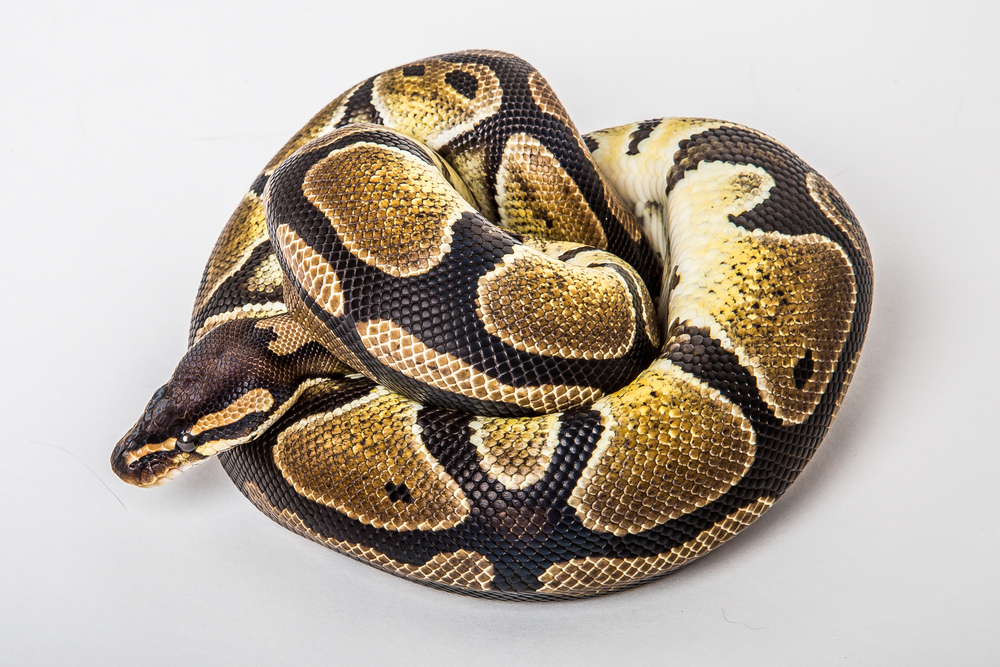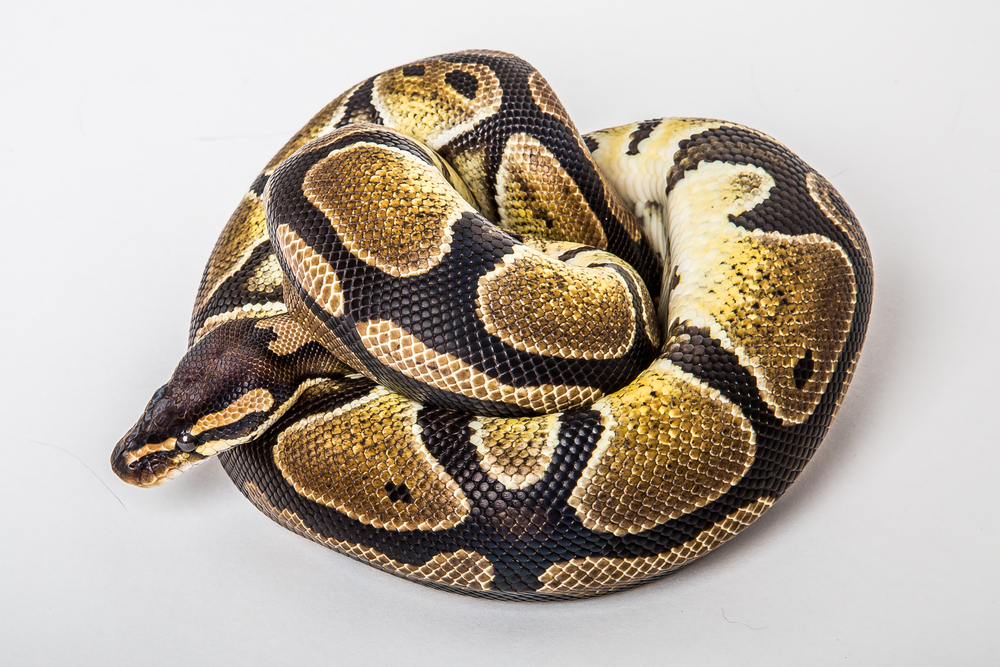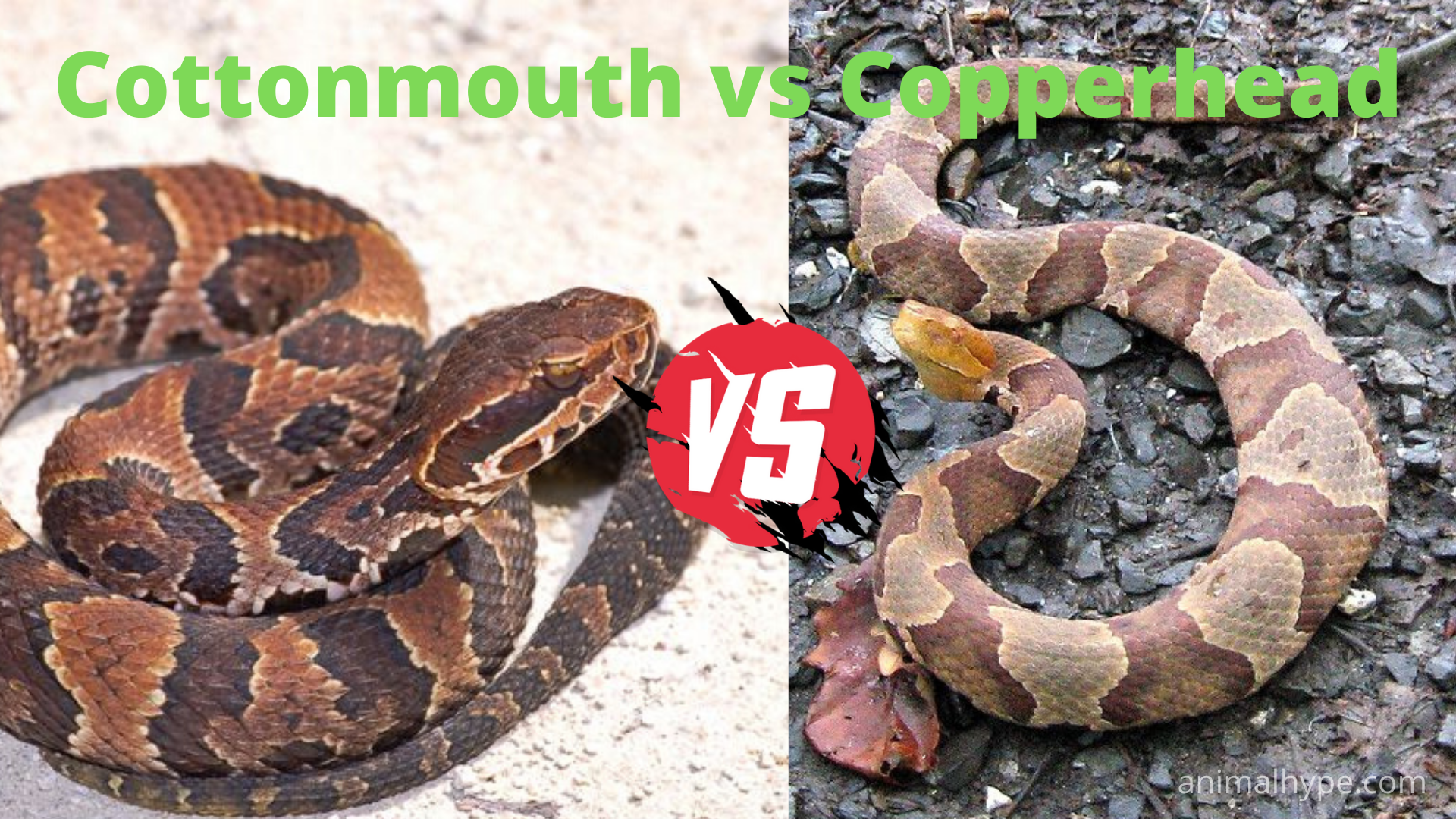Indeed, ball pythons make the well-known “sss” sounds, a trait shared by all snake species. As a novice snake keeper, you must anticipate this activity, which many people find unusual and frightful.
The distinctive loud hissing of a snake generally causes you to stop in your path. Knowing the causes of your snake’s hisses might eventually ensure it feels secure and happy to safeguard you from a possible snake bite—even though humans cannot “speak snake.”
All animals in the natural world use voice, body posture, or both to interact. The overall meaning of a snake’s hiss is “back off,” much like a dog’s snarl. Snakes typically hiss in response to threats, rage, or irritation.
The saying “Wisdom is power” is true. To get control of a hissing ball python pet, take the time to read.
How Ball Python Hiss
A large amount of air is inhaled, followed by a forceful exhalation, which produces the hissing noise. The glottis, an organ located in the center of the jaw and lungs, plays a major role in producing the ‘sss’ tone. The glottis is a component of the larynx, which is well-known for housing the extremely effective voice box.
The hissed sound is produced by a rhythmic motion caused by air passing across the pet’s vocal cords—louder sound results from the voice chords moving quickly.
Ball pythons will breathe in and out as much oxygen as possible while defending their regions or detecting dangers to their territory. It is feasible to readily manipulate the airflow to hiss owing to the tongue’s involvement. With the tongue and lips functioning together, humans can more easily control the sounds or vibrations coming from their vocal cords.
Reasons for Ball Python to Hiss
Because of their sociability and docility, ball pythons are well-liked. Although snakes seldom hiss in a public situation, you certainly didn’t anticipate your ball python hissing.
But even so, it is important to remember that most snakes, even ball pythons, are proficient in hissing. However, given that they are meant to be nice and tranquil, why do ball pythons hiss?
The following are a few of the grounds why ball pythons hiss.
Because They are Scared
If you grab a pet snake off guard, such as when you take it up without knowing you were doing it, it could hiss. Therefore reach your pet snake slowly and make clear hand gestures that signal to the snake that you are about to handle it to prevent frightening it.
As they constantly adjust to human contact, baby snakes may hiss much more than mature snakes.
To make you believe they are a bigger and more dangerous snake than they are, some ball pythons screech from their concealing location as you come near.
Because They Want to be Left Alone
When a snake does not desire to be handled, it may hiss to let you understand. Snakes are often not keen to be touched. Your snake may hiss to let you know it needs some time away from being stroked and handled if you have been holding it excessively lately.
Ball pythons may prefer to be left all alone themselves.
They are Defining Their Territory by Hissing.
A ball python hissing may also signify that it fears other animals are about to enter or occupy its region, den, or hideout. Even at home, there’s a good possibility you have the best spot or place to sit that, if used by someone else, can make python feel uncomfortable.
The screeching may be aggressive if your ball python hisses as you enter the cage but is peaceful and at ease after you bring them out.
Is Uncomfortable, Anxious, or Shedding, Therefore Prone to Hissing
If your ball python is typically quite calm and easy-going but starts hissing after being moved to a new cage or once you have let to examine a new lifestyle in its ball python habitat, it may be nervousness that is the problem.
After a little period in the setting, if your ball python calms and finally stops hissing, their uneasiness in a new habitat was what prompted the attitude.
When the ball python is set to begin shedding, professionals recommend letting it alone at this time. Snakes go through many skin-shedding cycles every year.
A snake may experience discomfort or anxiety when shedding, especially if the process obstructs its view. Give a break from handling if you know that ball python shedding is going or if it has already started to do so to prevent disturbing it.
How to get your ball python to stop hissing at you

Hissing is a medium of expression, as was already noted. If your snake isn’t looking at you, it’s terrified, agitated, or irritated.
The methods listed below will prevent your ball python from hissing at you.
Move Slowly
Your ball python is much less likely to interpret you as a threat if you move slowly and gently. Near your ball python, rarely move abruptly or fast.
Snakes are solitary animals by origin; they want a place to hide, rest, and unwind. The hissing noise of ball pythons can be reduced using proper socializing and handling practices.
Feed Them When you are Present
Several ball pythons are hesitant to consume while you’re present at first. Still, if you feed them consistently while you’re peacefully in the same place with a great ball python diet, they’ll eventually start to identify your existence with food, leading to a great bond with you.
Handle Them With Ease
It’s best to keep your pet snake alone, especially when it’s shedding or just finished eating. Professionals in snake development and care advise leaving your snake to rest after feeding to prevent it from hissing at you out of concern for regurgitation. Also, whenever you handle them, make sure to grab them very lightly and handle them with ease.
The Ball Python’s Behavior
The most common snakes kept as pets worldwide are ball pythons. Even though these animals are well-liked as pets, many individuals are not very knowledgeable about the facts and the conduct of ball pythons in the natural.
Because they are frequently kept as pets, this species interacts with people rather frequently. They don’t engage in conflicts with humans and aren’t hostile or contentious in the wild.
Ball Python as a Pet
Due to their suitability as “beginning” snakes, ball pythons are one of the most popular pet reptiles. Despite needing a large habitat area, they are peaceful and reasonably easy to care for a ball python owner. Ball pythons are naturally timid animals, but with enough extra effort, they may come to trust their keepers and become fascinating pets.
How can I Help my Ball Python Feel Less Stressed?
When a snake becomes anxious or scared, it is challenging to calm it down; this typically involves putting him back in his cage. Making sure snakes are stress-free in their enclosures will allow them to stay relaxed while engaging with their caretakers. It will also help maintain them tranquil during handling activities.
Additionally, avoid overly restricting snakes when holding them and make sure to do it in a peaceful area devoid of other animals and humans.
What Other Feelings can my Ball Python Experience?
Snakes can feel things. Unlike humans, snakes don’t behave or express feelings. We can be certain that they may experience fear and hostility when upset. They’ll display contentment in a cozy setting, but they might be wary of newcomers.
Ball pythons don’t establish social networks, make friends, or even raise offspring. Snakes do not exhibit complex emotions like these, unlike mammals that can express them fully, such as affection, excitement, or even jealousy. Thus, even though they have sentiments, those emotions are quite basic.
Conclusion
Like people, ball pythons have a range of attributes. As a result, some are irritable and combative.
Consequently, your job is to carefully observe your ball python’s actions to understand its nature.
Avoid touching your snake if it hisses at you, and allow it some space. To eliminate the trigger and make your snake remain calm and joyful, seek to discover the cause your snake is hissing.
Remember that a ball python’s biting is not venomous and will never seriously damage you. You should thus approach your ball python with assurance and without panic for the best outcomes.
Enjoy your time with the ball python!








